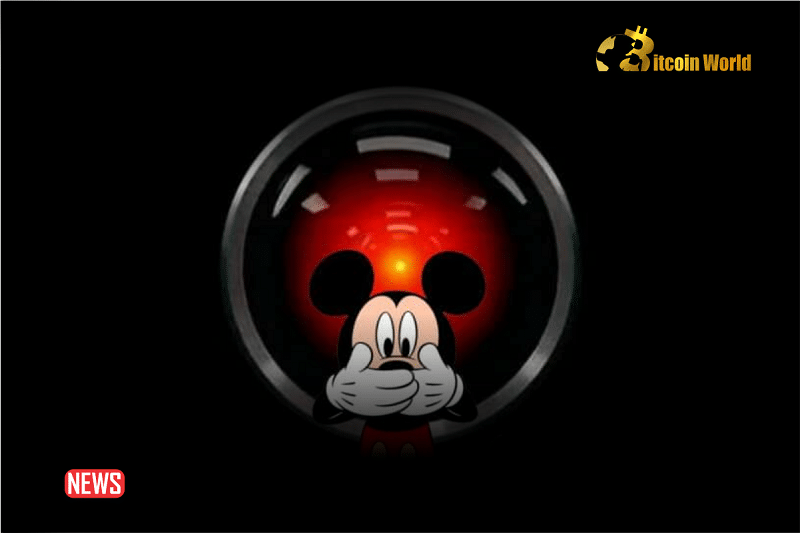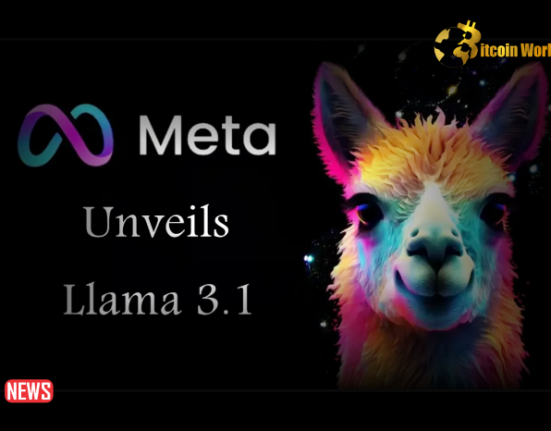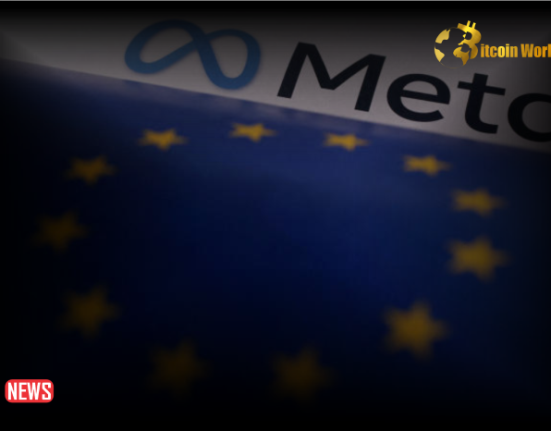- Disney’s trademarks at risk as AI-generated content trends on social media.
- Microsoft’s response to trademark infringement: blocking and refining AI.
- Ongoing challenges as AI enables rapid creation of copyrighted material.
The Walt Disney Company, a powerhouse in the entertainment industry, has recently expressed concerns over trademark infringement stemming from a social media trend involving AI-generated art.
This trend involves using Microsoft’s Bing AI imaging tool, powered by DALL-E 3 technology, to create images of pets in a “Pixar” style. While Disney’s concern isn’t with the art itself, it revolves around the AI inadvertently generating a trademark-infringing Disney-Pixar logo.
Disney’s Request To Microsoft
In response to Disney’s request, Microsoft addressed the issue. Initially, the tech giant blocked the term “Disney” from its image generator to prevent further infringement. However, this step raised questions about whether it sufficiently resolved Disney’s concerns.
Microsoft’s Response And Ongoing Variability
According to a report by the Financial Times, Microsoft has made some tweaks to its AI-generated image system. Still, there remains a level of variability, resulting in different outcomes from time to time.
Microsoft acknowledges that they are continuing to refine their safety systems. Additionally, the company has allowed artists, celebrities, and organizations to request limitations on creating images associated with their names and brands.
The Challenge Of The “Offensive AI Pixar” Meme
Disney’s concerns extend beyond the inadvertent generation of Disney-Pixar logos. A more challenging issue is the emergence of the “Offensive AI Pixar” meme, where users create offensive film ideas in a style reminiscent of Pixar’s computer-generated animation. This trend is harder to combat because it is highly likely that Microsoft’s Bing Image Creator has already been trained on copyrighted Disney and Pixar artwork. Adding complexity to the matter, users manually insert text and Disney-Pixar logos after generating the central image, making it difficult to prevent.
Read Also: RealOpen Launches Platform For Buying Real Estate Using Crypto
The Impact Of AI On Creative Parodies
While offensive parodies of Disney and Pixar have existed on the internet, AI technology has easily facilitated their creation, eliminating the need for artistic skills. This proliferation of AI-generated material has raised concerns about the widespread infringement of intellectual property belonging to various entities, including Disney.
Challenges In Addressing Trademark Infringement
Disney’s predicament highlights the challenges posed by AI in protecting intellectual property. Trademark infringement, especially in the age of AI-generated content, is a complex issue. The instantaneous creation of content that incorporates protected logos and imagery has left companies like Disney grappling with how to prevent such misuse effectively.
The Lack Of Immediate Solutions
As of now, there is no immediate solution in sight for Disney and others facing similar issues. Misusing trademarks and copyrighted materials through AI systems is an evolving problem, and it may require innovative solutions to combat effectively. The onus lies on tech companies like Microsoft to continually improve their AI systems’ safety measures to prevent unintentional infringement.
Disney’s recent encounter with Microsoft’s AI imaging tool highlights the growing challenges surrounding trademark infringement in the era of AI-generated content.
While Microsoft has taken steps to address the issue, the inherent variability of AI systems and the emergence of user-generated content memes pose ongoing challenges for copyright holders.
The proliferation of AI-generated material suggests that the issue of trademark infringement will persist and evolve, necessitating careful consideration and innovative solutions to protect intellectual property in the digital age.














